You've likely heard tales of the resilience and strength that Palestinian wives exhibit, but have you considered the complex layers of their lives? They're not just supporting their families against a backdrop of socio-political challenges; they're also active participants in shaping a future that embraces both tradition and modernity. These women navigate through a landscape filled with both opportunities and obstacles, working towards personal and community growth. What drives them to take on such roles, and how do they balance the weight of cultural expectations with their personal aspirations? Imagine stepping into their world to uncover the nuanced stories behind the headlines.
Palestinian wives often embody resilience and adaptability in both their personal and family lives. As you explore the prospect of Palestinian women for marriage, you'll find they're profoundly committed to their familial duties.
Their upbringing in a culturally rich and complex society instills in them a strong sense of community and responsibility, making them exceptional partners and caregivers. They often navigate economic and social challenges with grace, prioritizing their family's well-being above all else.
This resilience isn't just about survival; it's a formative trait that defines their approach to marriage and motherhood. Understanding their resilience helps you appreciate the depth of loyalty and dedication they bring to a relationship, ensuring a stable and nurturing home.
Many brides from Palestine seek foreign husbands to explore new cultural horizons and secure a more stable future for themselves and their children. As a Palestinian bride, you might find the prospect of marrying abroad appealing due to the opportunities for personal growth, enhanced education, and improved living conditions.
Marrying outside your native country can also offer you and your future family access to better healthcare and educational facilities, which are significant considerations. Additionally, you may be motivated by the desire to escape political instability or economic hardships prevalent in your region.
Embracing a marriage with a foreign partner often represents hope for a more peaceful and prosperous life, a powerful motivator for many Palestinian brides.
If you're interested in finding a Palestinian wife, several avenues can help you meet potential partners. You might start by connecting with the Palestinian community in your area. Attending cultural events, community gatherings, and festivals can be great opportunities to meet someone special. Social media platforms and dating websites also offer channels where you can connect with Palestinian women looking for a serious relationship.
Another effective method is through introductions by friends or family members who are already familiar with both cultures. This can guarantee a smoother introduction and might help you understand the expectations and values of a Palestinian wife. Whatever route you choose, remember to approach with respect and openness to learning about her heritage and culture.
When it comes to discussing the financial implications of marriage, it's important to understand the costs associated with marrying a Palestinian woman. Exploring the concept of Palestinian mail order wives, you'll find various expenses that aren't always obvious at first glance.
| Expense Category | Estimated Cost |
|---|---|
| Wedding Ceremony | $5,000 – $15,000 |
| Dowry | $2,000 – $10,000 |
| Legal Documentation | $500 – $2,000 |
| Relocation & Travel | $2,000 – $5,000 |
These costs can vary widely based on family expectations, the scale of the wedding, and legal requirements. It's vital to budget wisely and consider these financial aspects before proceeding, ensuring you're fully prepared for the commitment ahead.
Considering marrying a Palestinian woman presents unique advantages and challenges. Palestinian women are often deeply connected to their cultural and family values, which can enrich your life and relationship. They're known for their resilience and strength, traits that can bring stability and support to a marriage.
However, you might face cultural differences that require understanding and compromise. For instance, family involvement in your relationship might be more extensive than you're used to, which can be both a source of support and a potential challenge. Balancing modern perspectives with traditional values is something you'll need to navigate together.
To find a reliable Palestinian mail order bride site, start by researching user reviews and site credibility. Look for patterns in feedback that highlight strengths and weaknesses. You'll want a platform that prioritizes your safety and guarantees profiles are verified to avoid scams.
Here's a quick guide to help you assess potential sites:
| Feature | Importance | Notes |
|---|---|---|
| User Reviews | High | Look for consistency in positive feedback. |
| Security | Critical | Make sure they use encryption for data protection. |
| Customer Support | Essential | Availability of support in case of issues. |
Understanding the specific etiquette rules is essential when dating a Palestinian woman. You'll find that respect and modesty are vital. When you meet her, it's respectful to avoid overly casual gestures like hugs or kisses unless she initiates them. Conversation should be polite and steer clear of controversial topics initially.
Dress conservatively when you're out together, as this shows respect for her and her cultural norms. Be patient and understand that she might prefer slow, gradual steps in your relationship to establish comfort and trust. Also, consider her family's views seriously, as family approval is often important in Palestinian culture. Showing genuine interest and respect for her heritage will definitely help in building a strong connection.
If you're planning to marry in Palestine, you must meet specific legal and cultural requirements. To start with, you'll need to make sure that both you and your Palestinian bride are at least 18 years old, as this is the legal minimum age for marriage. You'll also need to provide a series of documents, including valid passports, birth certificates, and a declaration of marital status, which confirms that neither of you is currently married.
Religiously, the process can vary greatly depending on whether your bride is Muslim or Christian, as each faith has its own specific prerequisites and ceremonies. Be sure you're fully aware of these requirements and respect them, as they're deeply rooted in the local culture and traditions.
Now that you're familiar with the legalities of marrying in Palestine, let's explore the unique wedding customs you should expect. These traditions not only add to the celebratory atmosphere but also honor the heritage and the roles of Palestinian ladies in the family and society.
Palestinian girls often grow up in a culturally rich environment that deeply influences their values and aspirations. You'll find that these girls aren't only rooted in their traditions but also embody a resilience that's both inspiring and remarkable.
From a young age, Palestinian girls are often multilingual, speaking Arabic and, in many cases, English or Hebrew. This linguistic skill enhances their ability to engage and excel in various educational fields. Don't be surprised to learn that many excel in areas like medicine, engineering, and humanitarian efforts, often driving social change within their communities.
Their participation in cultural and political activities not only enriches their personal growth but also actively contributes to the fabric of Palestinian society.
You've explored the resilience and roles of Palestinian wives, from their motivations to the cultural and legal intricacies of marrying one.
Remember, embracing a relationship with a Palestinian woman means understanding her deep cultural roots and the challenges she faces.
By appreciating her background, respecting traditional customs, and navigating marriage regulations carefully, you'll foster a meaningful connection that respects her identity and contributions, paving the way for a rich, fulfilling partnership that transcends cultural boundaries.
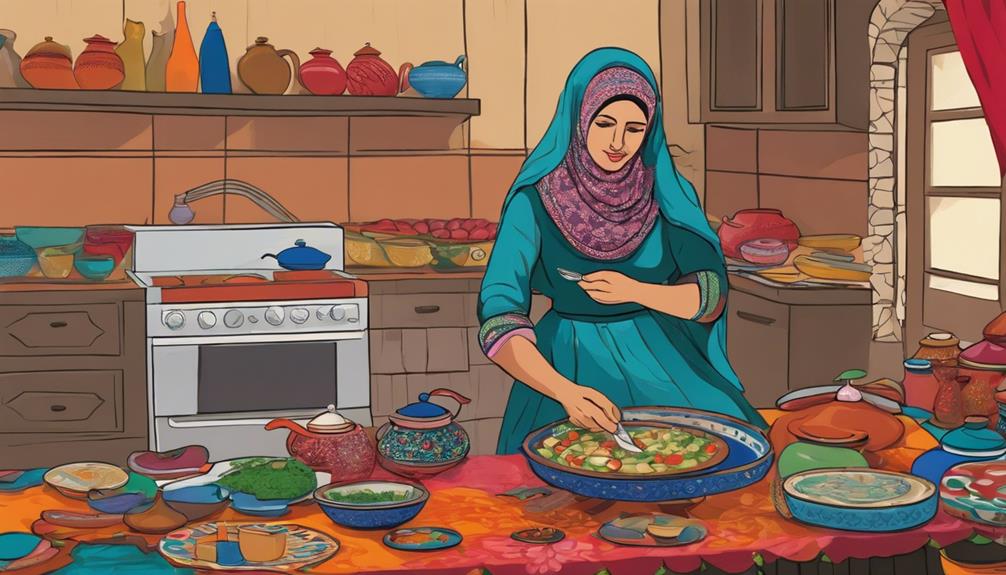
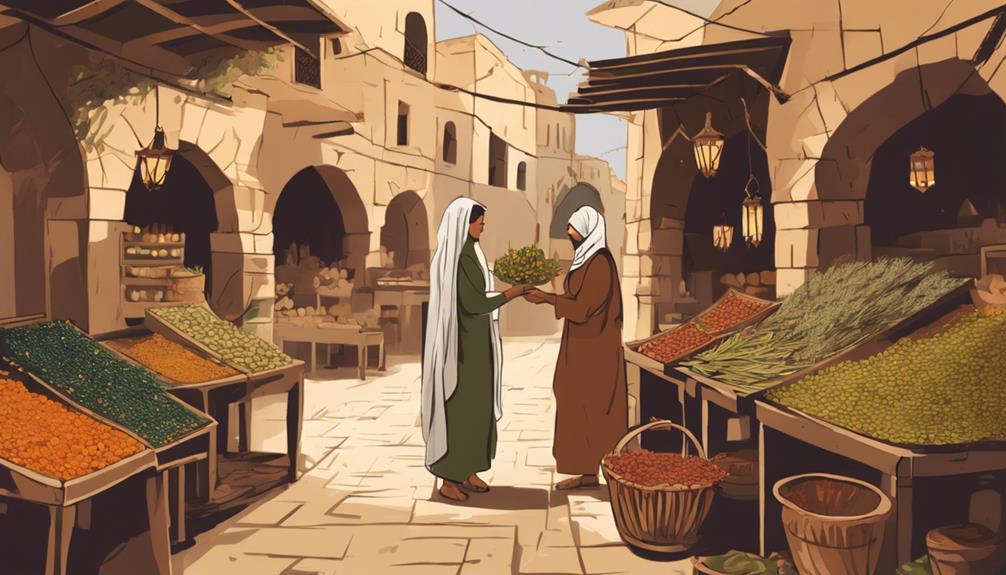
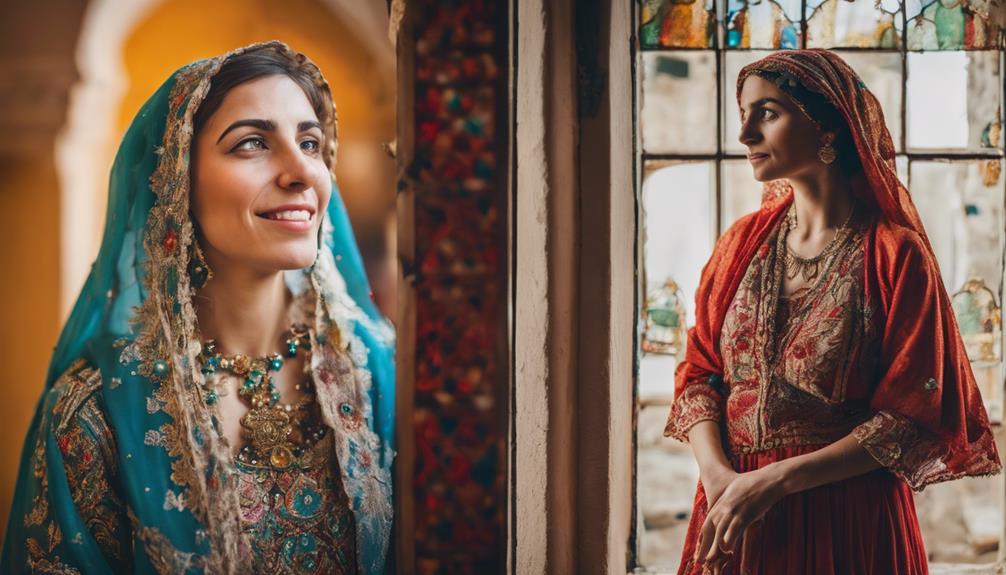
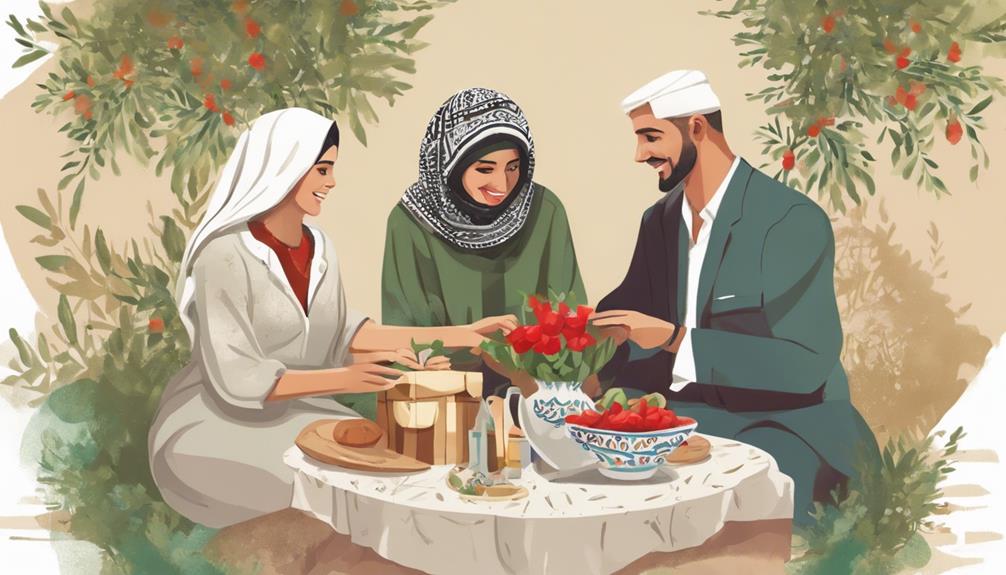
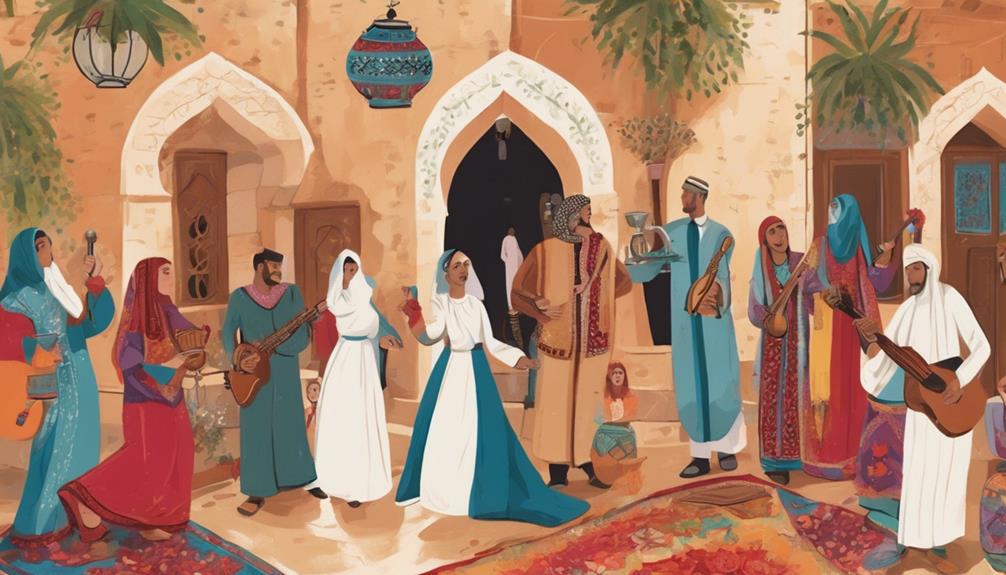
Leave a comment